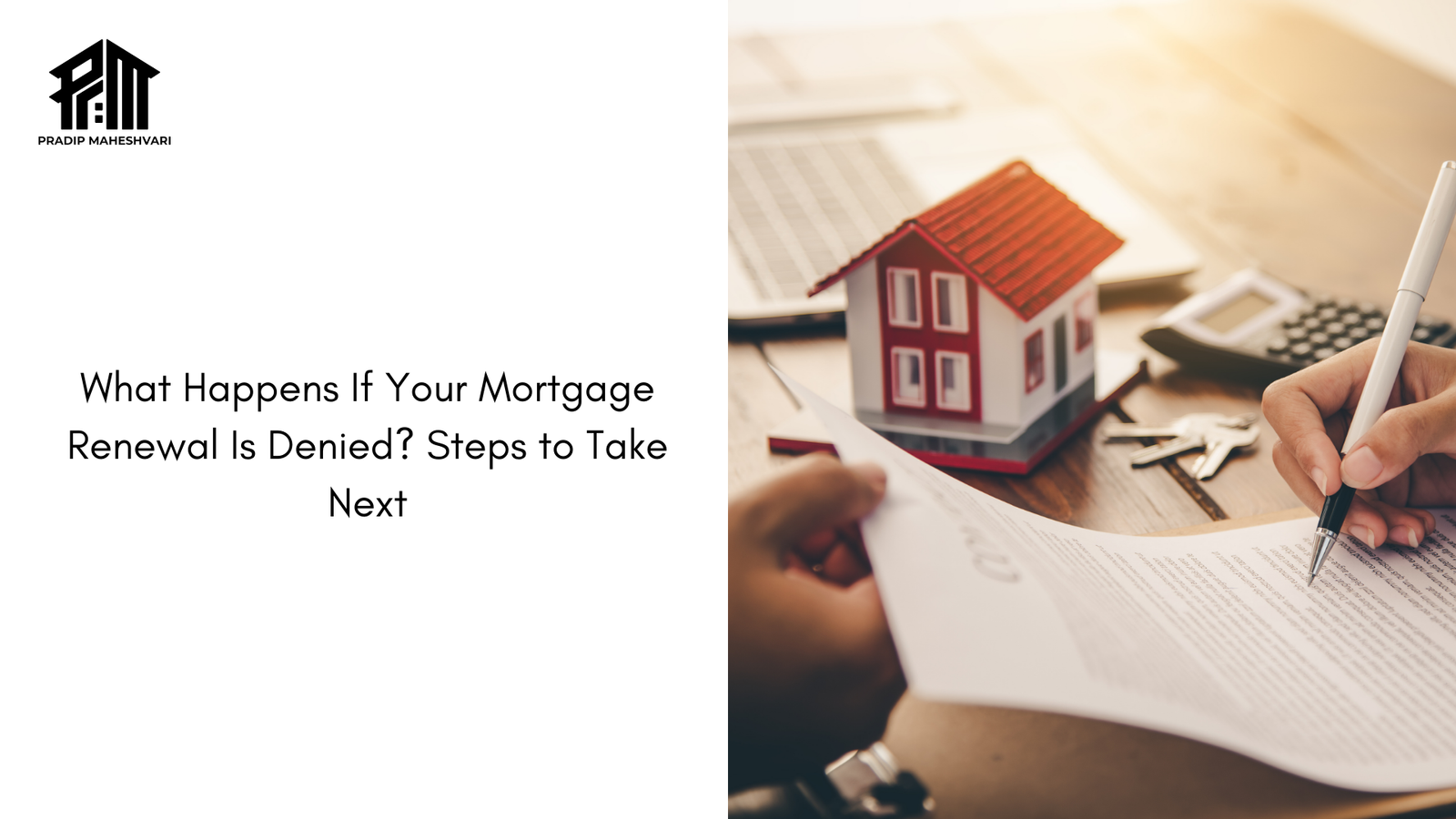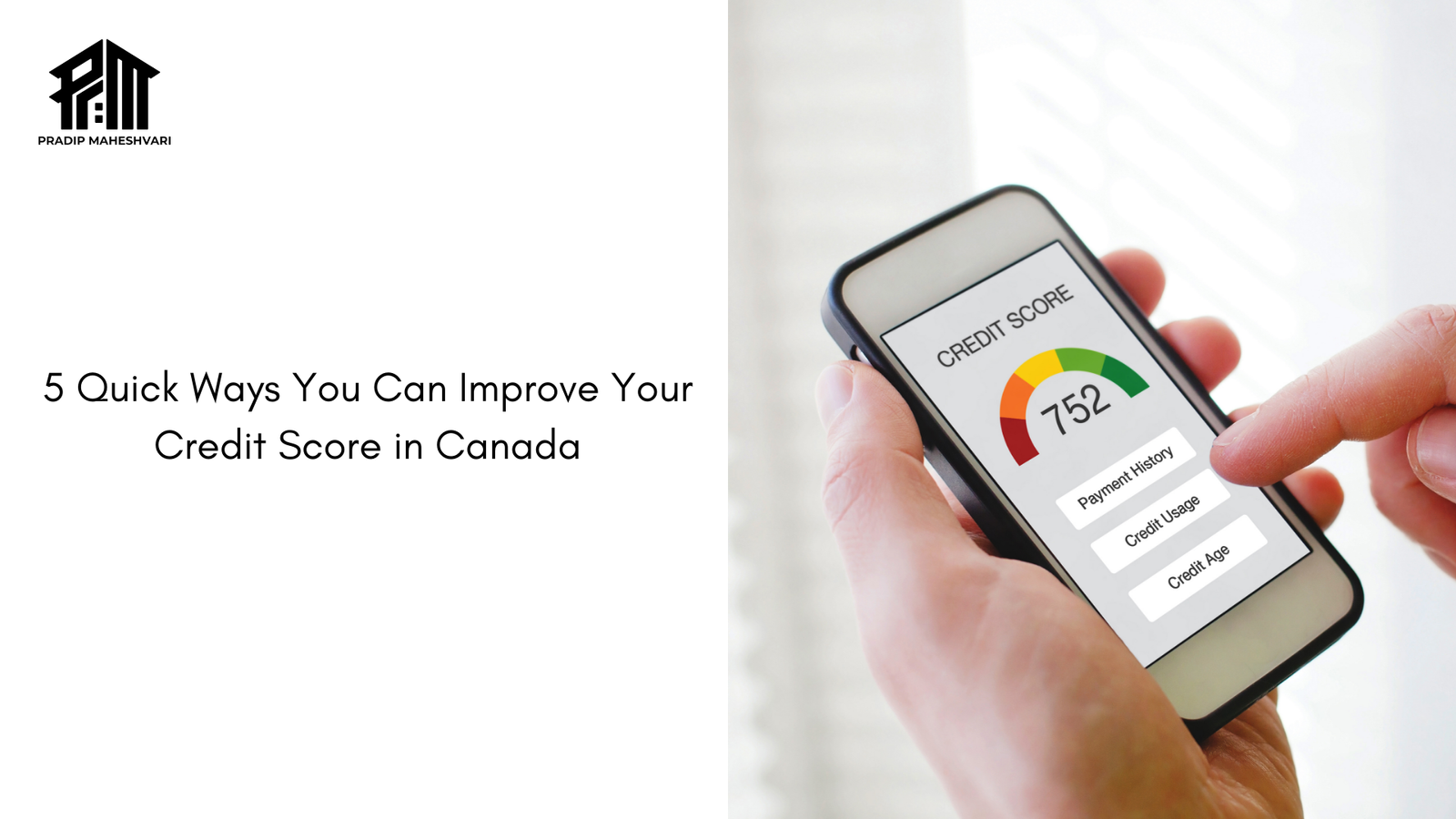Explore how the mortgage industry in Canada has changed over the past decade, from rates to rules, digital tools, and buyer behavior.
Continue reading5 Reasons a Fixed Mortgage is the Best Choice in 2025
Find out why a fixed mortgage is the smarter option in 2025—explore 5 compelling reasons to choose rate security, stability, and peace of mind.
Continue readingReverse Mortgage in Canada: Is It Right for You?
Learn how a reverse mortgage in Canada works, who qualifies, and if it’s the right option for your retirement strategy.
Continue readingBridge Financing in Canada: What It Is and When You Need It
Learn what bridge financing in Canada is, when to use it, and how it helps you buy a new home before selling your current one.
Continue readingA Guide to Calculating How Much Mortgage You Can Afford
Can You Pay Off Your Mortgage Early? Strategies & Penalties to Consider
Can you pay off your mortgage early in Canada? Learn the benefits, penalties, and 5 smart strategies to reduce interest and eliminate your mortgage faster
Continue readingWhat Happens If Your Mortgage Renewal Is Denied? Steps to Take Next
Worried about a denied mortgage renewal? Learn why it happens, what to do next, and how to secure financing to keep your home.
Continue reading5 Quick Ways You Can Improve Your Credit Score in Canada
Introduction: Struggling With a Low Credit Score? Here’s How to Fix It!
Your credit score plays a crucial role in your financial life, affecting everything from mortgage approvals to interest rates on loans. If you’re wondering, “How can I improve my credit score in Canada quickly?”, the good news is that small changes can make a big difference.
In this guide, we’ll walk you through five effective ways to boost your credit score fast and regain control of your financial future.
1. Pay Your Bills on Time – Every Time
Late or missed payments negatively impact your credit score. Your payment history accounts for 35% of your credit score, making it the most important factor.
Quick Tip: Set up automatic payments or reminders to ensure you never miss a due date.
Example: If you have a $500 credit card bill due on the 15th, set up an auto-payment for at least the minimum amount to avoid penalties.
2. Reduce Your Credit Utilization Below 30%
Credit utilization is the percentage of your available credit that you’re using. A high utilization rate signals risk to lenders and can lower your score.
Ideal Utilization: Keep your credit usage below 30% of your total credit limit. If your credit limit is $10,000, try not to use more than $3,000 at any given time.
Quick Fix: If your balance is too high, consider making multiple payments within a month to keep the balance low when reported to credit bureaus.
3. Don’t Apply for Too Much Credit at Once
Each time you apply for a new credit card or loan, lenders conduct a hard inquiry, which can temporarily reduce your score.
Best Practice: Only apply for credit when necessary. Too many applications in a short period can make lenders see you as a risk.
Alternative: If you need a new credit card, consider pre-approved offers, which don’t impact your credit score.
4. Keep Old Credit Accounts Open
The length of your credit history matters. Older accounts help strengthen your credit score by showing long-term, responsible credit usage.
What to Do: Keep your oldest credit card accounts open, even if you don’t use them often.
Example: If you opened a credit card five years ago, closing it will shorten your average credit age, which can hurt your score.
5. Check Your Credit Report and Dispute Errors
Mistakes on your credit report can drag down your score without you even realizing it.
How to Check: Get a free credit report from Equifax or TransUnion and review it for errors like incorrect late payments or fraudulent accounts.
How to Dispute: If you find a mistake, contact the credit bureau immediately to have it corrected.
Final Thoughts: Take Control of Your Credit Today
Improving your credit score doesn’t happen overnight, but following these steps can lead to noticeable improvements within months. Whether you’re planning to buy a home or just want better financial security, a higher credit score opens doors to better loan rates and financial opportunities.
Need personalized mortgage advice based on your credit situation?
Pradip Maheshvari Mortgages can help you secure the best mortgage options, no matter your credit score.
You May Also Like:
How to Get a Mortgage in Canada with No Income Proof?
Alternative Mortgage Options in Canada: A Guide for Homebuyers
Is a 30 year Mortgage a Good Idea in Canada? Pros & Cons Explained!
Thinking about a 30 year mortgage in Canada? Learn the pros, cons, and whether it’s the right choice for you. Lower payments or more interest—what’s best?
Continue readingCan You Remove a Spouse from a Mortgage in Canada?
Need to remove a spouse from a mortgage in Canada? Learn about refinancing, mortgage assumptions, and legal steps to take control of your home loan.
Continue reading








